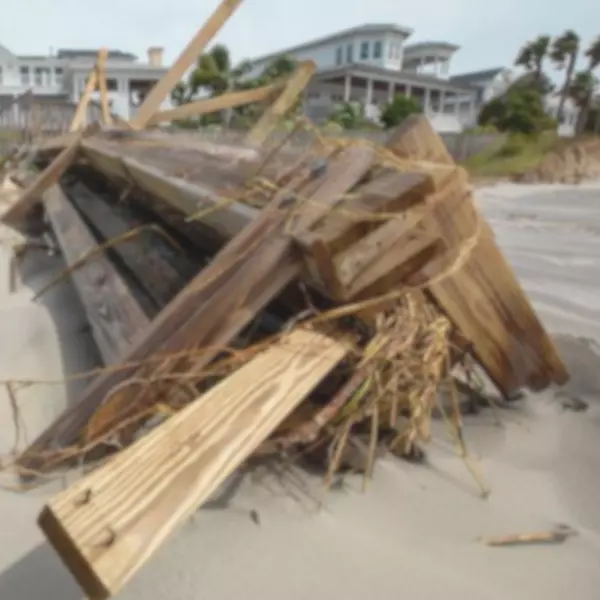First Time Home Buyer Workshop - Feb. 22, 2025
First-Time Home Buyer Workshop Presented by Exit Realty New Horizons and Foundation Mortgage 📅 Date: Saturday, February 22, 2025 ⏰ Time: 10:00 AM - 11:00 AM 📍 Location: Loveland Coffee, 7454 Carlisle Rd., Irmo, SC 29063 Are you ready to take the first step toward homeownership? Join us for an info
Protecting Client Information: A Guide for Real Estate Agents
In the real estate industry, trust is the foundation of client relationships. Buyers and sellers entrust agents with sensitive personal information, including financial details, identification documents, and private contact information. Protecting this data isn’t just a matter of professionalism—it’
Minimizing Storm Damage for Homeowners in South Carolina: Tips for High Winds and Heavy Rain
As hurricane season approaches each year, South Carolina homeowners face the familiar threat of tropical storms and hurricanes bringing high winds, heavy rain, and the potential for substantial property damage. South Carolina’s low-lying areas, proximity to the Atlantic Ocean, and warm coastal water

David Kafitz
Phone:+1(803) 678-7110



